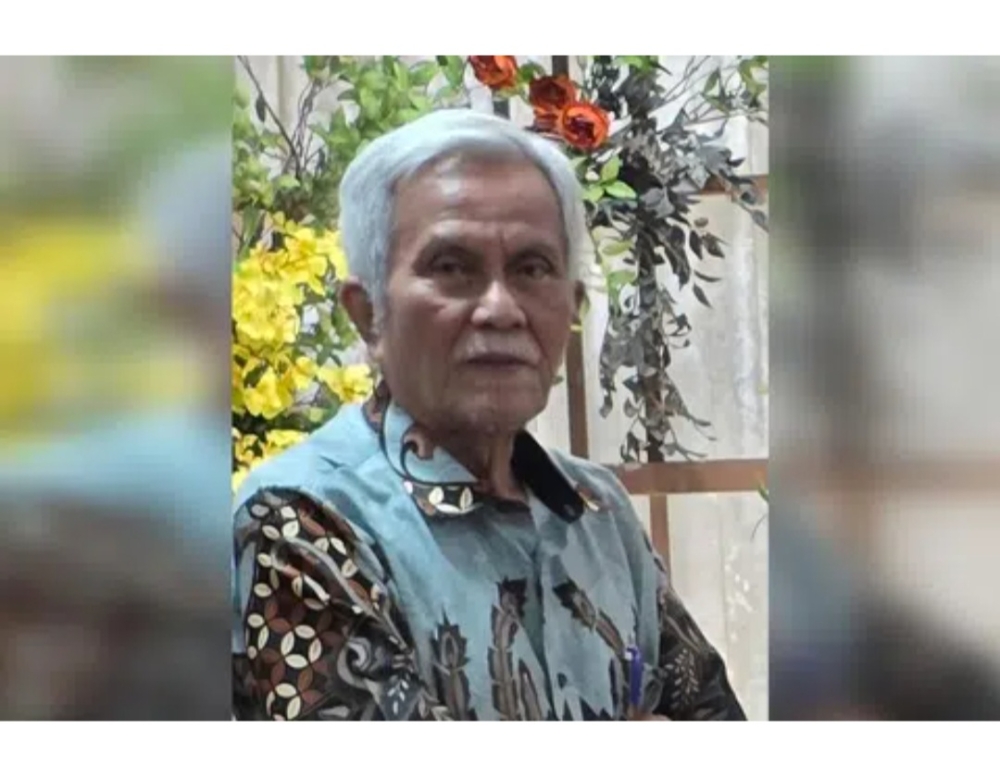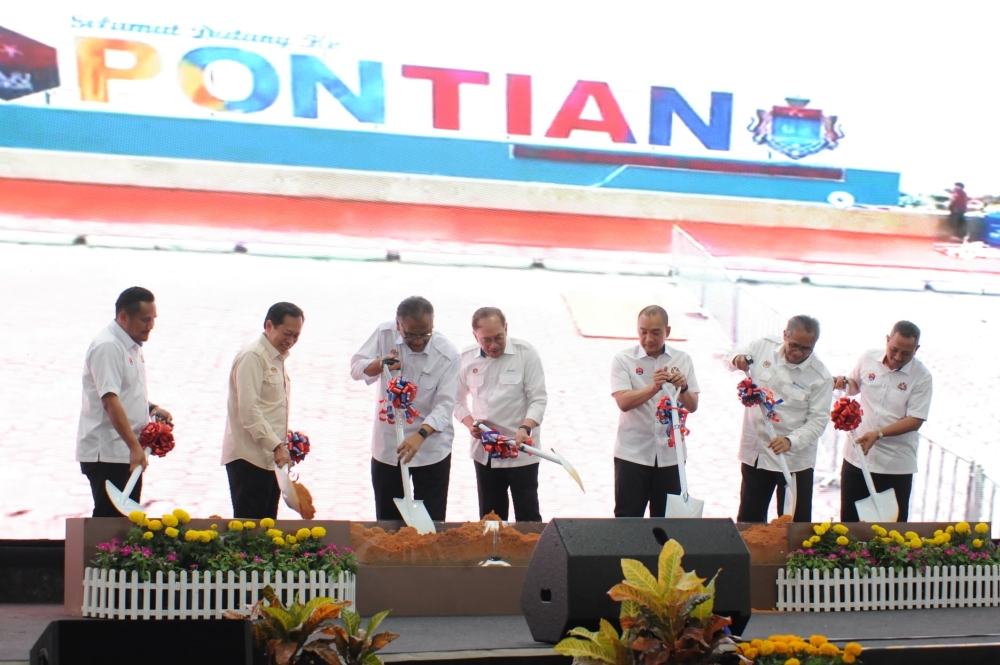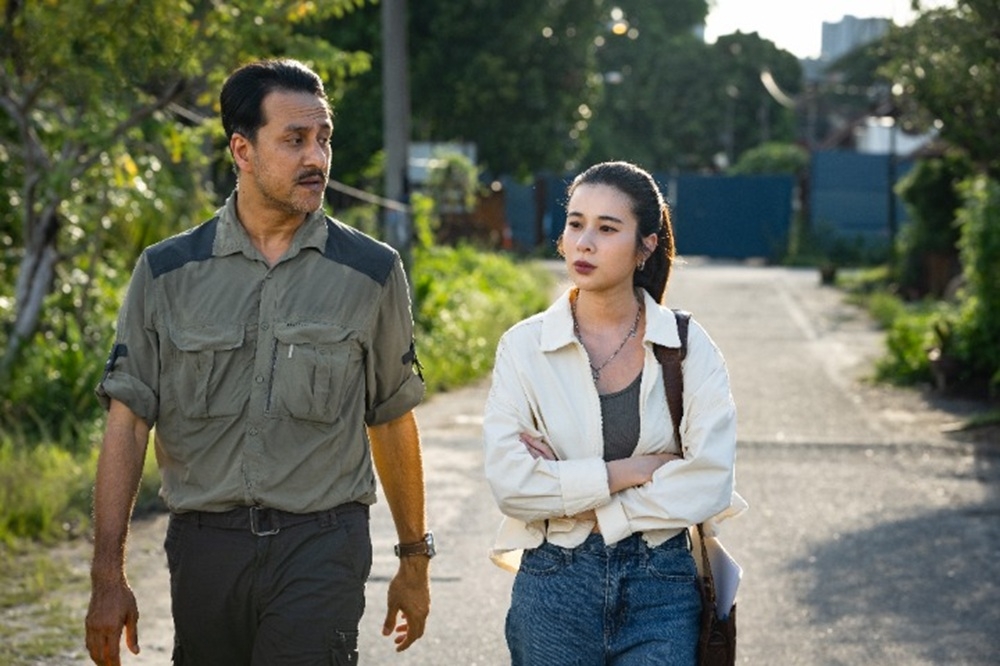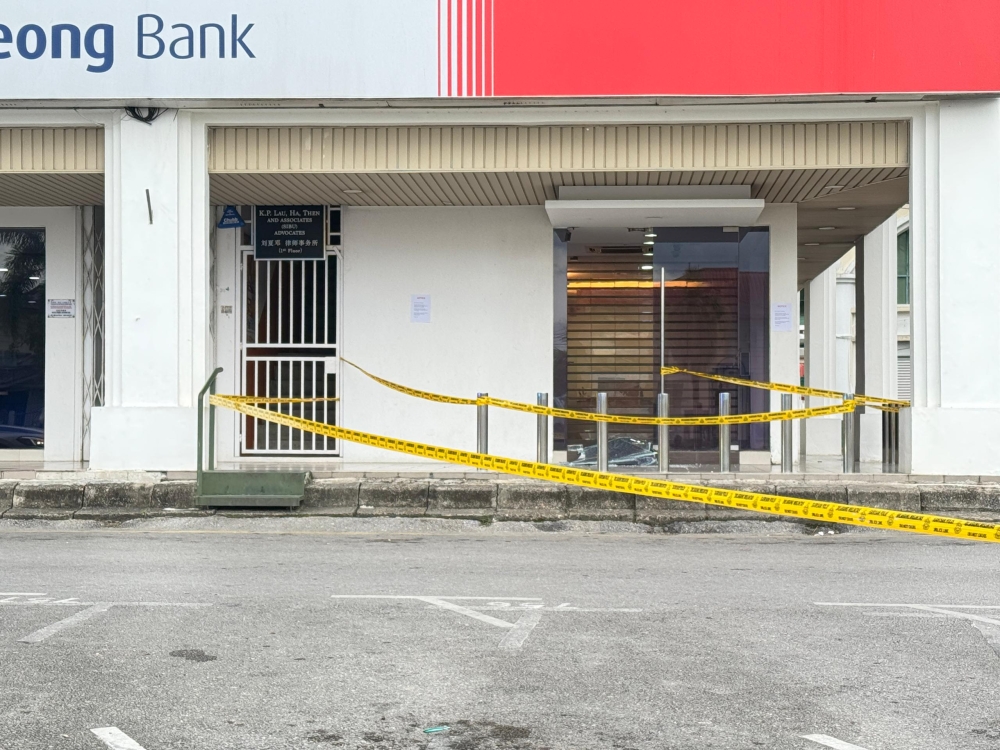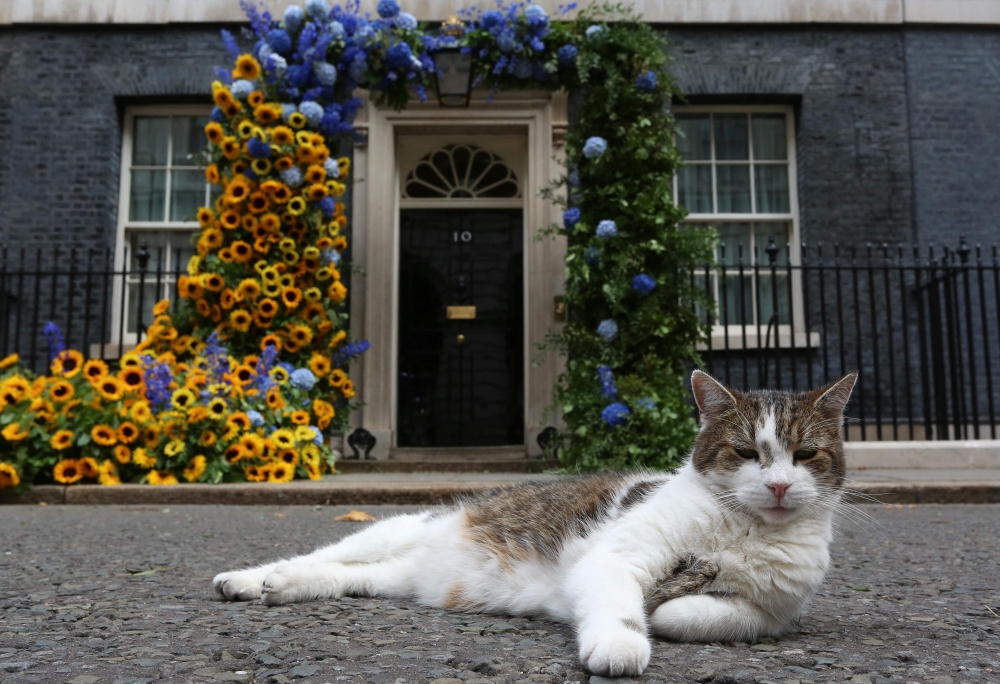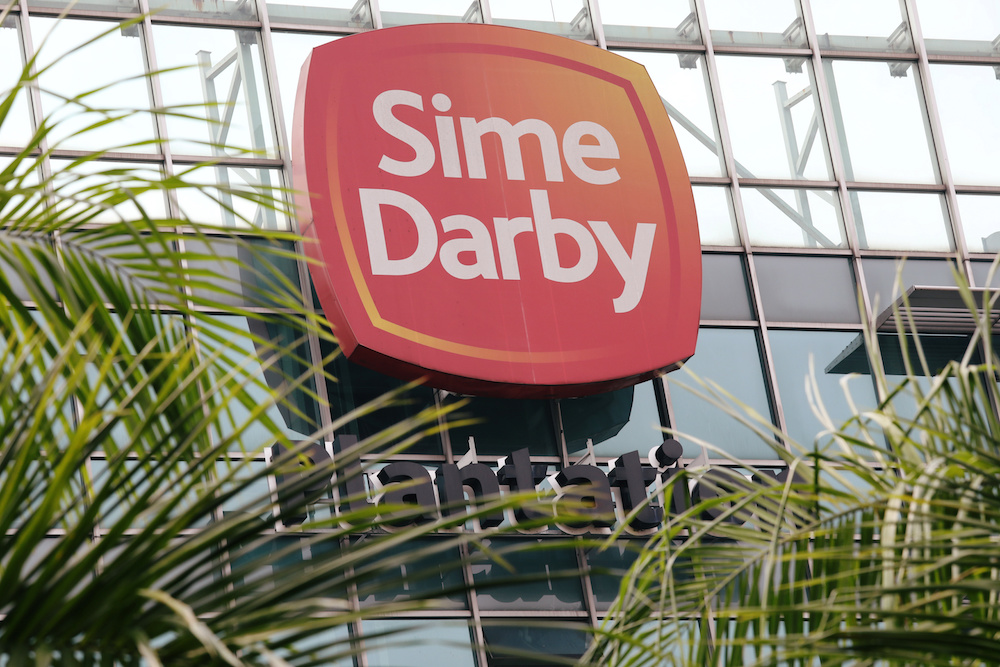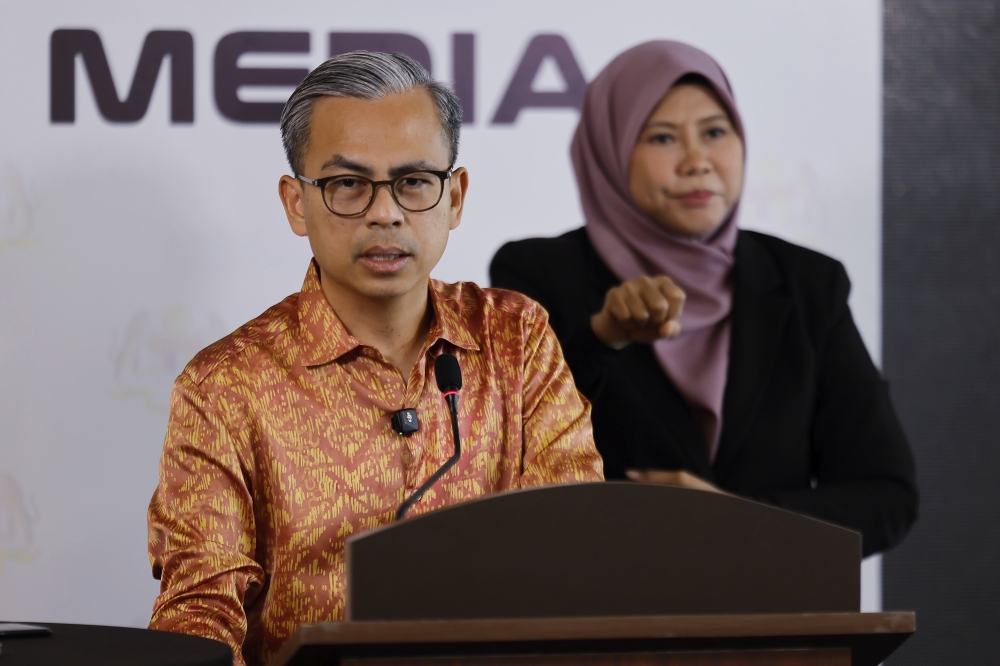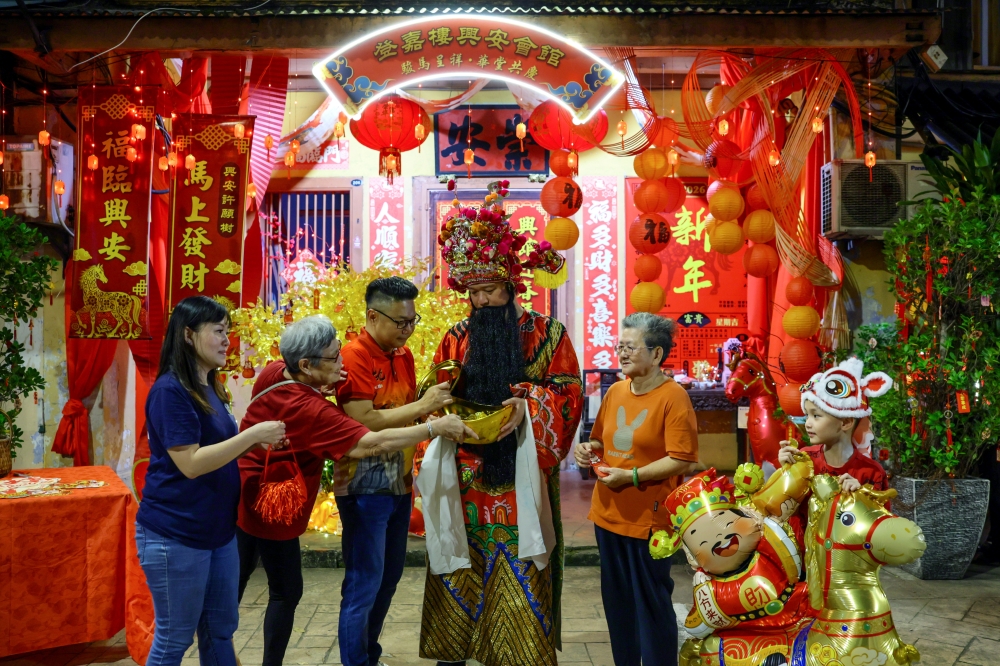KUALA LUMPUR, Dec 30 — The United States Customs and Border Protection (CBP) has announced today that its personnel will detain any palm oil and products manufactured by Sime Darby Plantation Bhd and its subsidiaries or affiliates.
In a statement, the CBP said a withhold release order was issued based on information that Sime Darby Plantation has 11 of the mark of forced labour designated by the International Labour Organisation.
“American consumers can help end modern slavery by choosing to buy products they know are ethically and humanely sourced,” its acting commissioner Mark A. Morgan said in the statement.
In July, a Hong Kong-based anti-trafficking NGO called Liberty Shared had petitioned against Malaysian palm oil giant Sime Darby Plantation Bhd due to alleged child and forced labour.
In the petition filed with the US Customs and Border Protection agency in April, the group urged a ban on imports of the firm’s palm oil products.
The petition’s summary said workers and civil society it interviewed revealed complaints of arbitrary penalties, threats of and actual sexual harassment, physical threats and abuse, various and inconsistent deductions in pay, varying conditions of accommodation, and fees charged for basic facilities.
The report also pointed at mistreatment of foreign workers, and unlawful practices by recruitment agents.
Malaysia is the world’s second largest producer of palm oil, the most consumed edible oil, with Sime Darby Plantation one of the largest in the industry here with a history stretching back to the 1800s.
Malay Mail is contacting Sime Darby Plantation and its parent company Sime Darby Group Bhd for comment over this latest decision.
It had in July said it would reach out to anti-trafficking group Liberty Shared as it is concerned over the serious allegations made by the Hong Kong-based group that were submitted to the CBP.
The firm also admitted to the challenges and complexity of the supply chains across the industry, but said it was committed to the No Deforestation, No Peat and No Exploitation (NDPE) approach.
Last year, the CBP had already issued a separate order against another Malaysian palm oil giant, FGV Holdings Bhd, following claims of child and forced labour, following two petitions — by the Grant & Eisenhofer ESG Institute, and International Labor Rights Forum, Rainforest Action Network and SumOfUs.
The US is one of the largest importers of Malaysian palm oil products. In 2019, exports of Malaysian palm oil products to the US were worth RM3.1 billion (1.1 million tonnes).
The American Tariff Act of 1930 prohibits entry of goods that arrive at US ports if there is reason to believe they contain materials made with forced labor.
Malaysia already faces a possible European Union ban on palm oil, allegedly due to environmental concerns, which it was planning to challenge in court.
Last year, then Minister of Primary Industries Teresa Kok urged palm oil industry players and relevant associations to intensify good labour practices and organise awareness programmes on forced and child labour.






